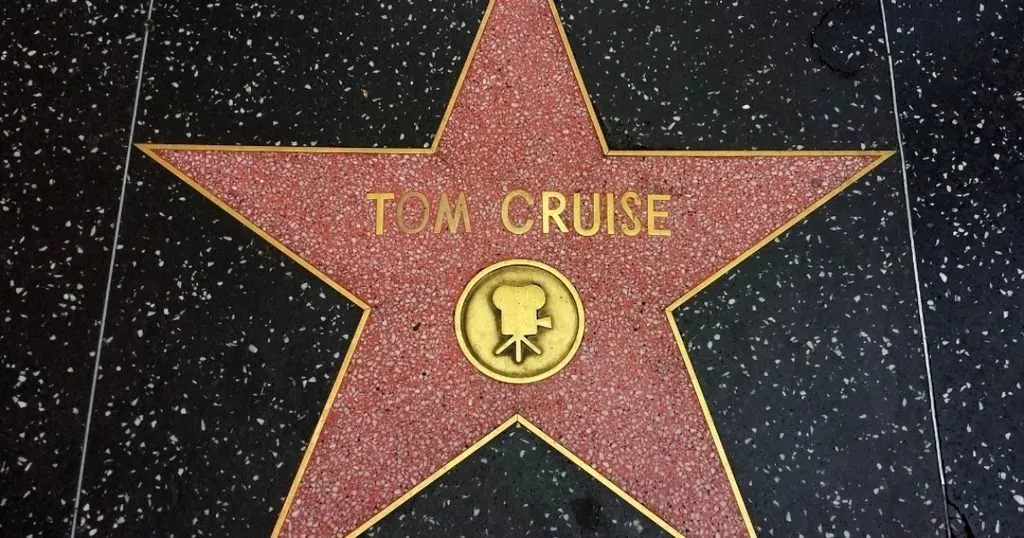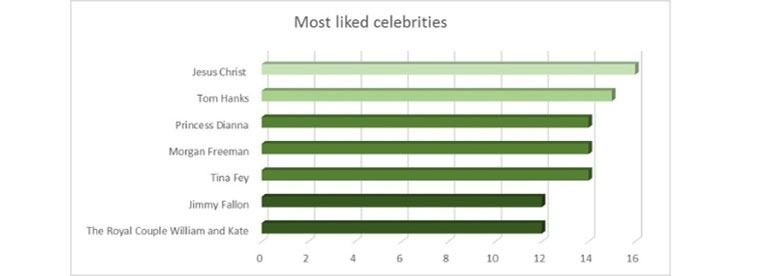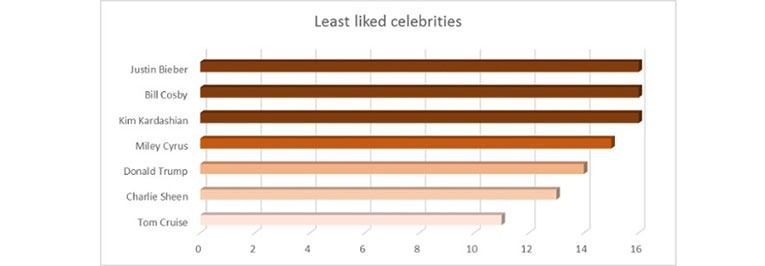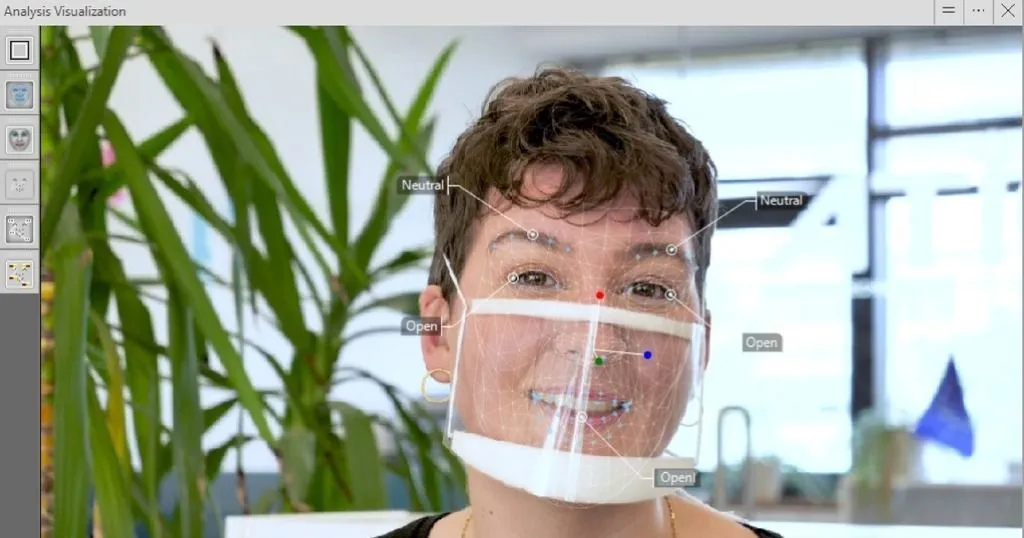Who is the best product representative?
We all have our favorite celebrities, then there are those we love to hate. Who would you want to pay to represent your product or brand?
Posted by
Published on
Thu 17 Mar. 2016
Topics
| Emotions | FaceReader | Facial Expression Analysis | RBF |

This week we have a guest blog post from Dr. Lora Becker. She is Director of the Neuroscience Program at the University of Evansville. Her primary research activity seeks to understand human and animal emotions. Thank you Lora for the knowledge and enthusiasm you share in this blog!
We all have our favorite celebrities, then there are those we love to hate. Some time it is hard to know if we really like the celebrity because we want to be them or we want to laugh at them. But how do we really react to images of celebrities? Furthermore, who would you want to pay to represent your product or brand?
Emotions recognized by software
As Jason Rogers and Abbe Macbeth explained to us recently, the answer may lie in specific areas of our brains (fusiform face gyrus and specific regions of the right parietal cortex) that allow us to recognize faces and facial expressions.
Current technology can do this, too. FaceReader uses over five hundred points on the face to determine basic emotional expressions happy, angry, sad, scared, surprised, and disgusted, which are expressed by all people, no matter their age or race.
One later addition to these ‘basic’ emotions is ‘contempt’, which played a major role in Rogers’ and Macbeth’s recent investigation into the Resting Bitch Face.
Liking and disliking celebrities
To demonstrate the power of FaceReader to the University stakeholders, we asked participants of a weekend workshop to submit an internet image of a celebrity they ‘liked’ and one they ‘did not like’. These images were arranged in a slideshow movie where each face was displayed for 3 seconds. After the movie, participants were asked to rate the name of each celebrity on a scale of 1 – 5.

Like Score: Total number of respondents marking 1 ‘Like Very Much ‘and 2 ‘Like’

Dislike Score = Total number of respondents marking 4 ‘Dislike ‘and 5 ‘Dislike Very Much’
With this simple survey we may be quick to choose the Son of God to endorse your product or you may walk away from using Donald Trump. However, when faces of the participants were analyzed we see a different story. The image of Jesus Christ lead to the least happy expressions and the most scared expressions.

Conversely, the happiest expressions were recorded when Donald Trump was displayed on the screen where both images had the same proportion of surprised looks. It can be suggested that the two images ‘go the participant’s attention’ but then each seemed to elicit an opposite reaction to their survey response.
Along those lines, the official wedding family picture of Will and Kate scared the participants (most likely because there were 17 people in the photo!).
Other interesting results were found such as Taylor Swift was on the lower end of the survey, scoring a 2 out of 16, but this is explained by the mostly female sample (14 F 4M) where the larges facial expression for her was that of contempt.

Of all the images, Bill Cosby and Kim Kardashian elicited the highest record of sad expressions. Although both of these celebrities were disliked in the survey, there is a heartwarming touch of sadness for Mr. Cosby, for the fall of this once revered celebrity.
Related Posts

Understanding adolescent emotions

Must-see TED Talks on emotions

